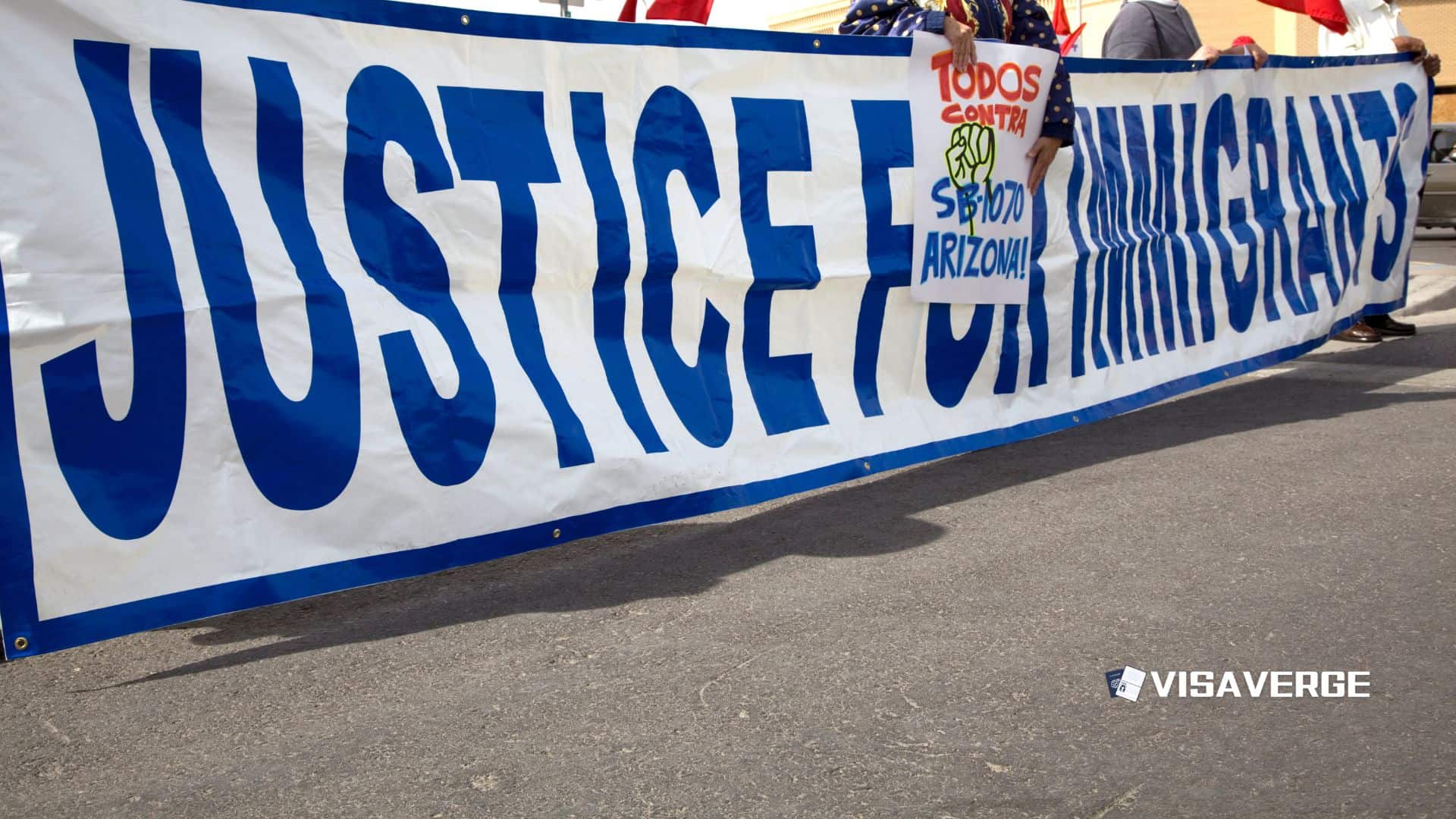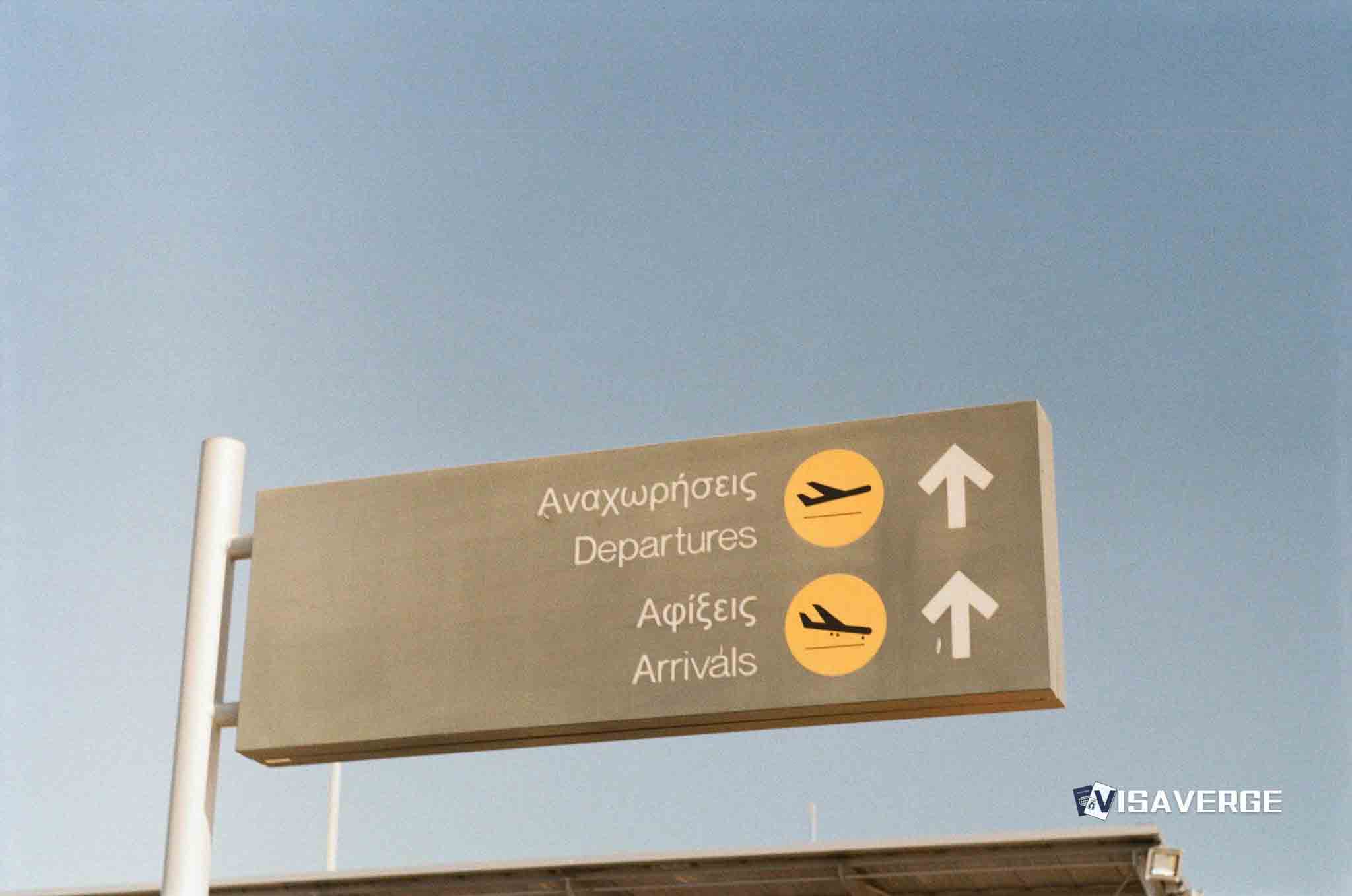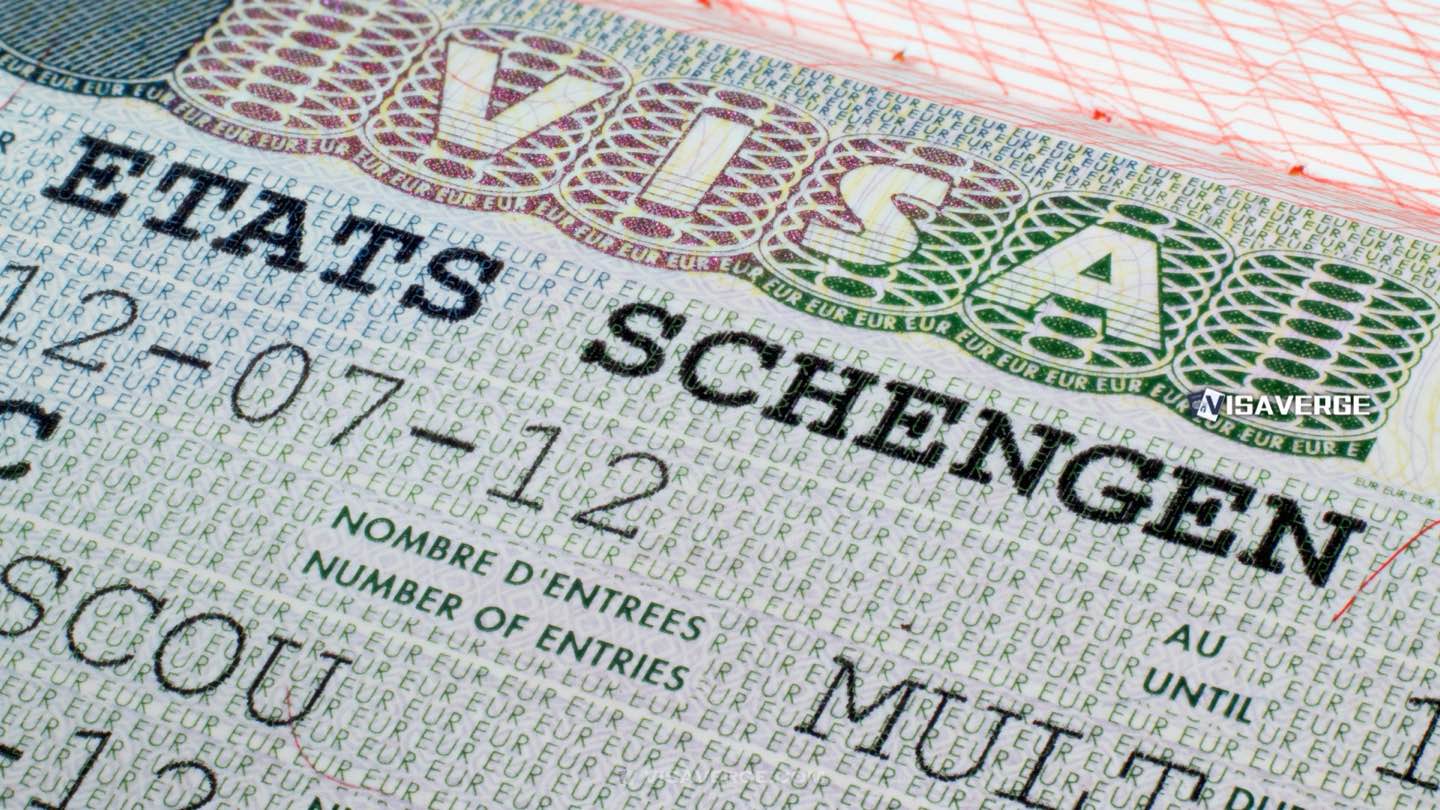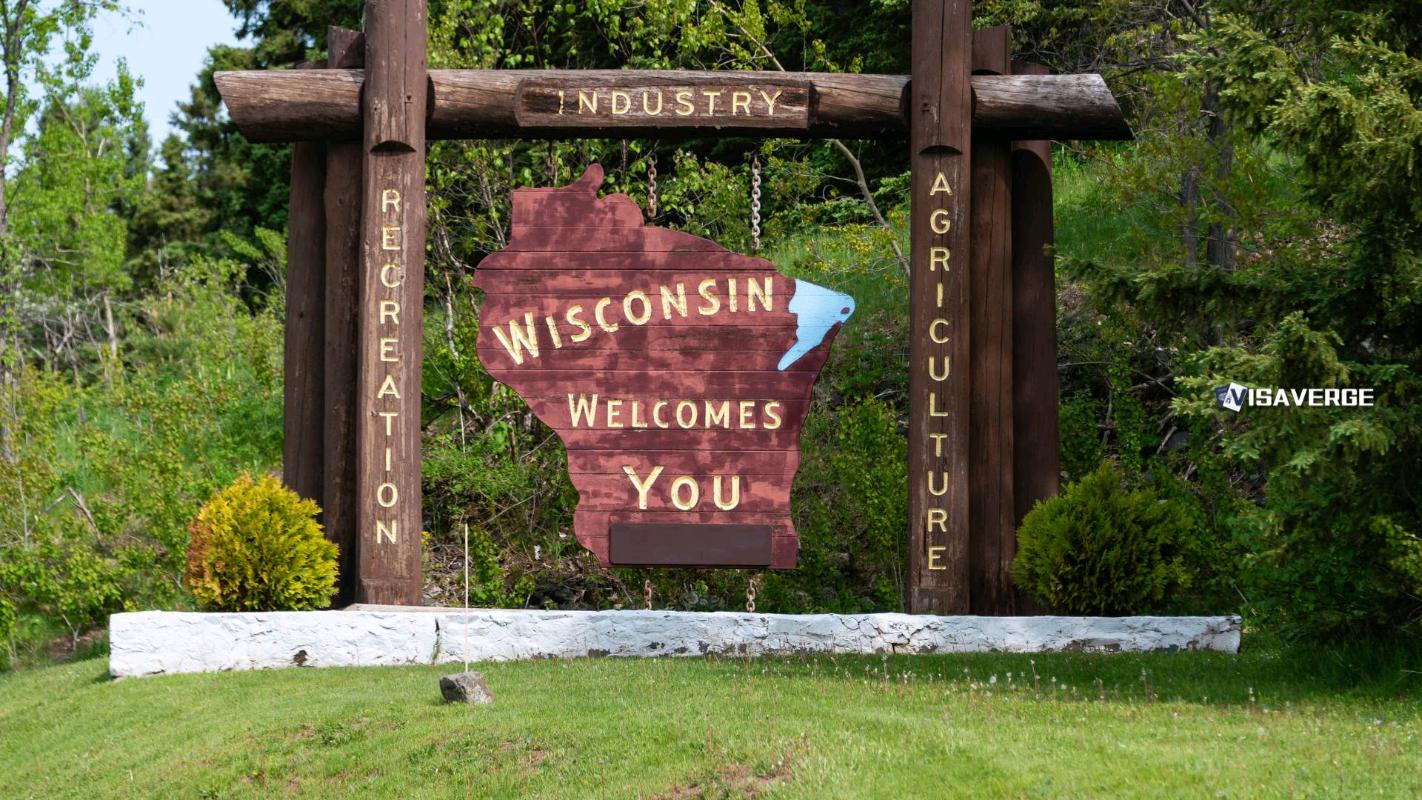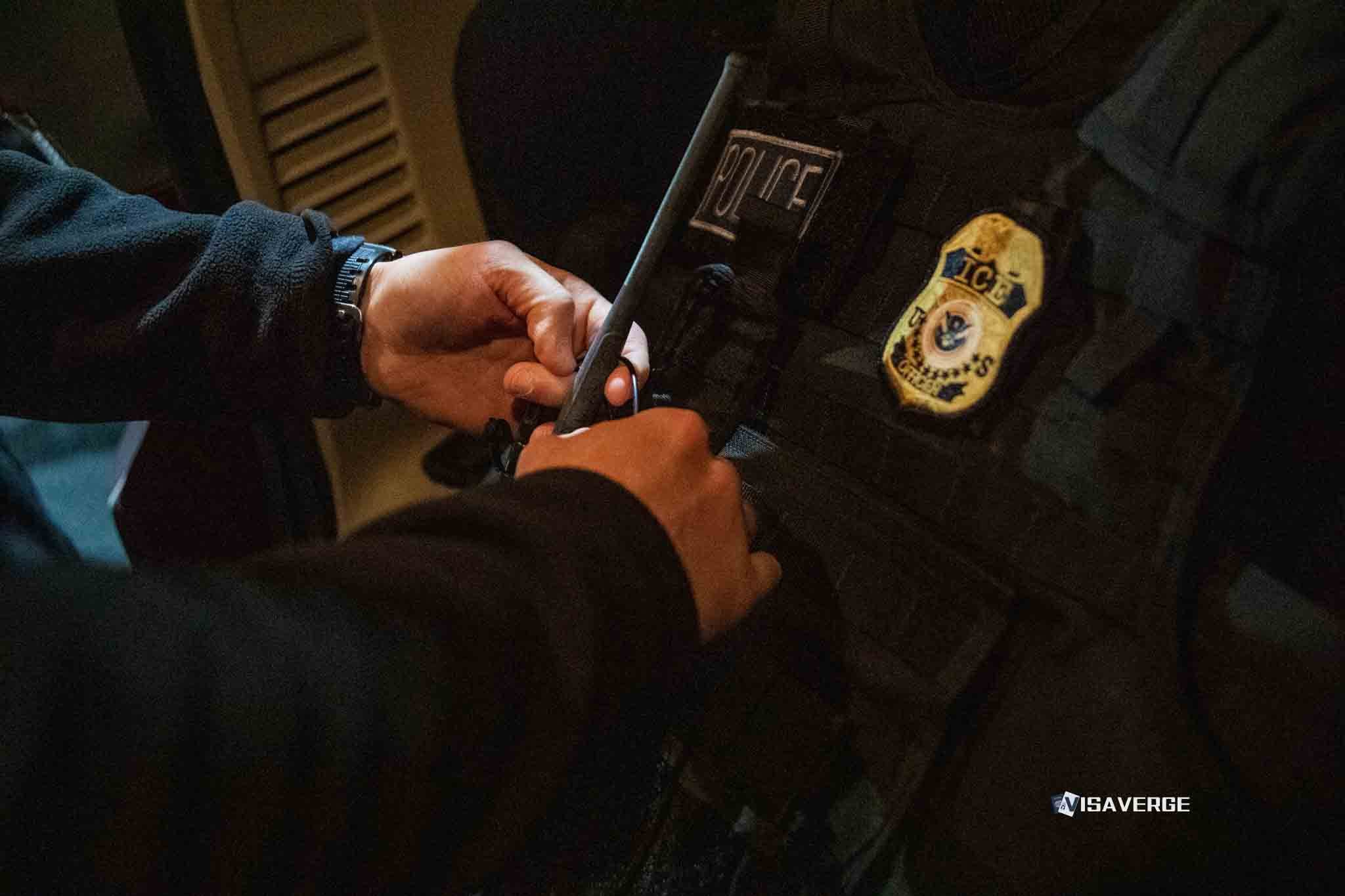(UNITED STATES) The Trump administration has opened a nationwide enforcement drive into alleged H-1B visa abuse, launching 175 investigations that officials say target a $15 million wage scam affecting both American and foreign workers. The Department of Labor confirmed the probes are underway as part of a coordinated push to hold employers to account for underpaying skilled workers and misrepresenting job terms tied to the H-1B program, which brings in specialized talent for roles in technology, engineering, and healthcare.
Project Firewall: scope and purpose
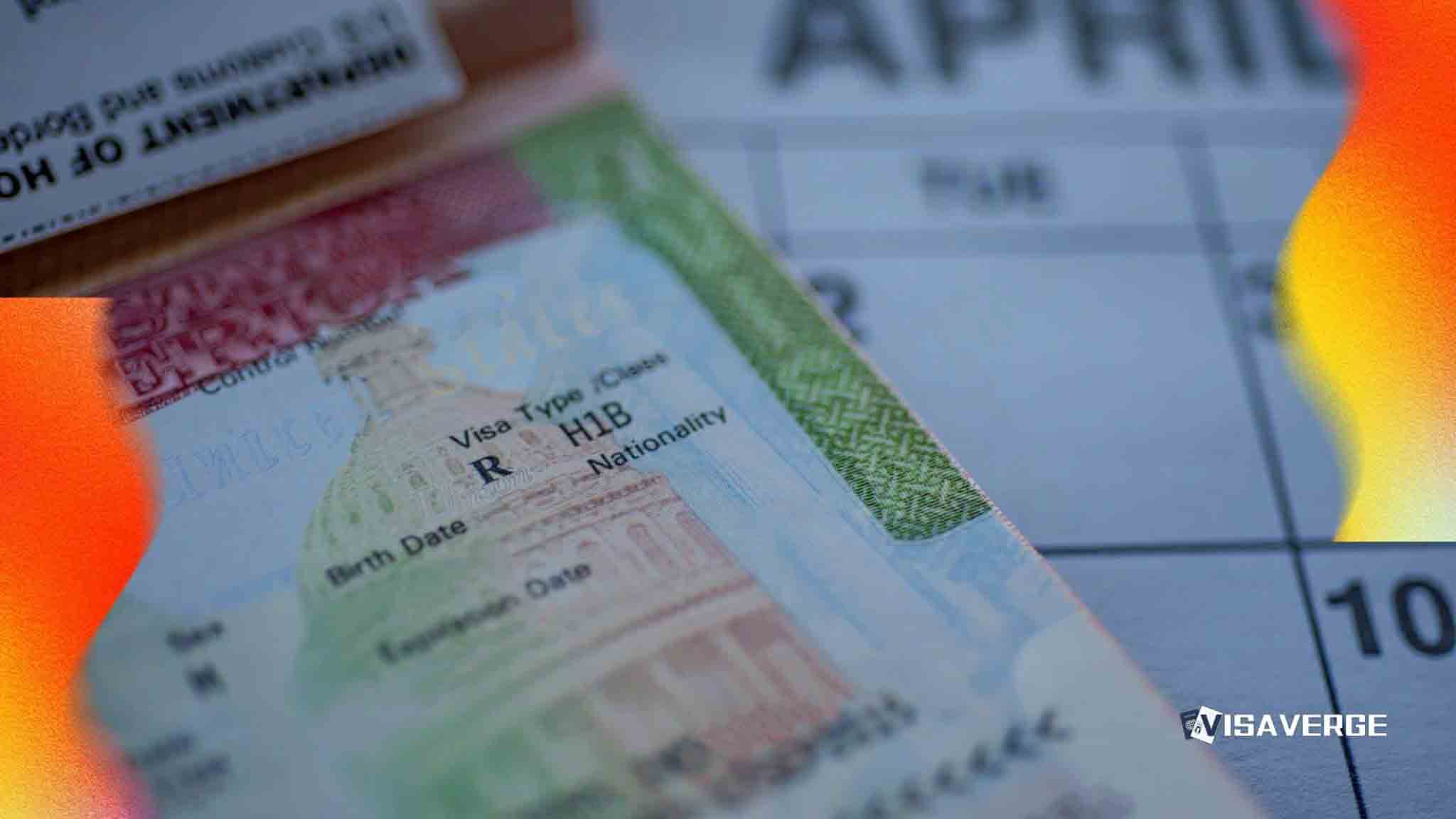
The Labor Department’s campaign, internally called Project Firewall and rolled out in September 2025, is aimed at companies that officials say have “sold out US workers” by filing petitions for lower-cost labor while failing to meet wage promises.
Investigators are examining complaints that some H-1B employees — including those with advanced degrees — were paid far less than what employers declared in filings, with ripple effects on pay for U.S. workers in the same fields.
Labor Secretary Lori Chavez-DeRemer said the department intends to use every available tool to stop H-1B visa abuse:
“We want to make sure these companies are not abusing. We are using every resource at our disposal to put a stop to H-1B abuse and protect American jobs.”
Practices under review
Federal officials outlined the types of practices currently under investigation. Cases flagged so far include:
- Fabricated or non-existent worksite addresses on Labor Condition Applications (LCAs).
- Instances of “benching”, where H-1B employees were kept idle for weeks without pay.
- Delays in reporting terminations, which can leave workers in legal limbo.
- Job postings copied from generic templates that do not match roles listed in required paperwork.
Those allegations, if proven, suggest a pattern of misrepresentation that can harm wages across the sector and leave foreign hires exposed to unpaid periods or sudden immigration-status risks if a job ends.
If job sites listed on the LCA do not exist, or when pay falls short of the LCA wage, the filing itself becomes evidence.
Investigations, timeline, and mechanics
Project Firewall’s timeline traces back to early fall, when complaints of manipulated wages and ghost worksites moved up agency priority lists. By September, tasking orders expanded audits and coordinated wage-and-hour investigations.
Key points about the enforcement effort:
- 175 investigations are currently underway, covering payroll records, contracts, and jobsite verifications.
- The Labor Department is focusing on the Labor Condition Application filed as
Form ETA-9035/9035E. - Employers must list the work location and pay at or above the prevailing wage. The department directs employers to the Form ETA-9035/9035E guidance for compliance.
Financial and policy changes: the $100,000 fee
Alongside enforcement, the administration introduced a $100,000 fee on new H-1B filings.
- The administration says the fee is meant to deter misuse and ensure only high-skilled, well-paid positions are pursued.
- Employers and recruiters say the fee has already chilled sponsorship efforts, especially in technology and biotech, where teams often recruit international graduates.
- Business groups argue the fee raises costs and uncertainty while companies compete globally for specialized talent.
Officials maintain that tighter scrutiny and higher costs will restore the program’s integrity. Analysis by VisaVerge.com suggests the administration seeks to make examples of bad actors and signal that underpayment and “paper-only” placements will draw swift penalties.
Reactions: workers, employers, and advocates
Stakeholders are sharply divided.
- Worker advocates emphasize that the alleged wage-scam pattern hurts immigrants first, tying legal status to employers who may not honor pay promises and making it risky for workers to report violations.
- Unions and domestic labor groups say underpayment depresses pay scales for Americans in similar roles.
- Business leaders counter that most employers play by the rules and need predictable processes to plan hiring. They warn that a sudden $100,000 fee could reduce U.S.-based innovation teams and incentivize moving roles overseas.
- University career centers report rising job rejections for international students as sponsors step back.
“The goal is not to shut out global talent but to ensure it is paid fairly and used for real, high-skilled jobs that help the economy,” officials say.
Employer responses and compliance steps
Inside companies, compliance teams are taking several steps:
- Reviewing internal controls around prevailing wages, job postings, and reporting timelines for terminations.
- Tightening documentation and verifying that listed worksites match real locations and active contracts.
- Pausing new H-1B sponsorships to assess exposure from the $100,000 fee.
- Redirecting some roles to affiliate offices abroad to avoid added costs.
Legal advisors are urging firms to confirm that LCAs match actual worksites and pay and to maintain accurate payroll and contract records.
Implications for foreign graduates and recruiters
For foreign graduates hoping to enter the H-1B pool next cycle, the outlook is mixed:
- Some recruiters will continue filing for essential roles but will limit entries to candidates assigned to higher-salary projects that can support the added fee.
- Others are postponing offers or exploring alternatives.
- University advisors report more questions about alternate routes, including advanced degree tracks and faster work-permit systems in other countries.
Employers and students are consulting USCIS resources for definitions and filing requirements. USCIS maintains guidance at its H-1B page: H-1B page: https://www.uscis.gov/working-in-the-united-states/temporary-workers/h-1b-specialty-occupations
Potential penalties and next steps
The Labor Department has not released a full list of targets or timelines for completing inquiries. Officials indicate:
- More cases could be opened as findings come in.
- Possible penalties include back wages and debarment from hiring under the program.
Employers seeking program details continue to refer to USCIS and Labor Department guidance for compliance.
Political context and broader message
The enforcement drive has a political dimension. The administration frames the effort as part of an “America First” message aimed at rebuilding trust in a system it says was too open to manipulation.
President Trump linked the enforcement climate to his broader economic agenda, saying, “A dividend of at least $2,000 a person (not including high-income people!) will be paid to everyone.” While not directly tied to H-1B policy, the remark underscored the administration’s pitch that tougher trade and labor rules will deliver broad benefits for U.S. households.
Key takeaways
- The Department of Labor’s Project Firewall is investigating alleged H-1B abuse through 175 investigations focused on a claimed $15 million wage scam.
- Enforcement centers on accurate LCAs (Form ETA-9035/9035E), real worksites, and paying at or above prevailing wages. See Form ETA-9035/9035E.
- A controversial $100,000 fee on new H-1B filings aims to deter misuse but has raised concerns about chilling sponsorships and shifting roles offshore.
- Potential penalties include back wages and debarment; employers are revising compliance, and students and recruiters are reassessing strategies.
As Project Firewall proceeds, both employers and workers are bracing for a period of heightened scrutiny that could reshape how the United States uses one of its most important visas for skilled workers.
This Article in a Nutshell
Project Firewall, launched in September 2025, has opened 175 investigations into alleged H-1B abuses tied to a reported $15 million wage scam. The Labor Department is examining fabricated worksites, benching, delayed termination reporting and mismatched job descriptions against LCAs (Form ETA-9035/9035E). The administration also imposed a $100,000 fee on new H-1B filings, prompting employers and recruiters—especially in tech and biotech—to pause sponsorships and tighten compliance. Potential penalties include back wages and debarment.




